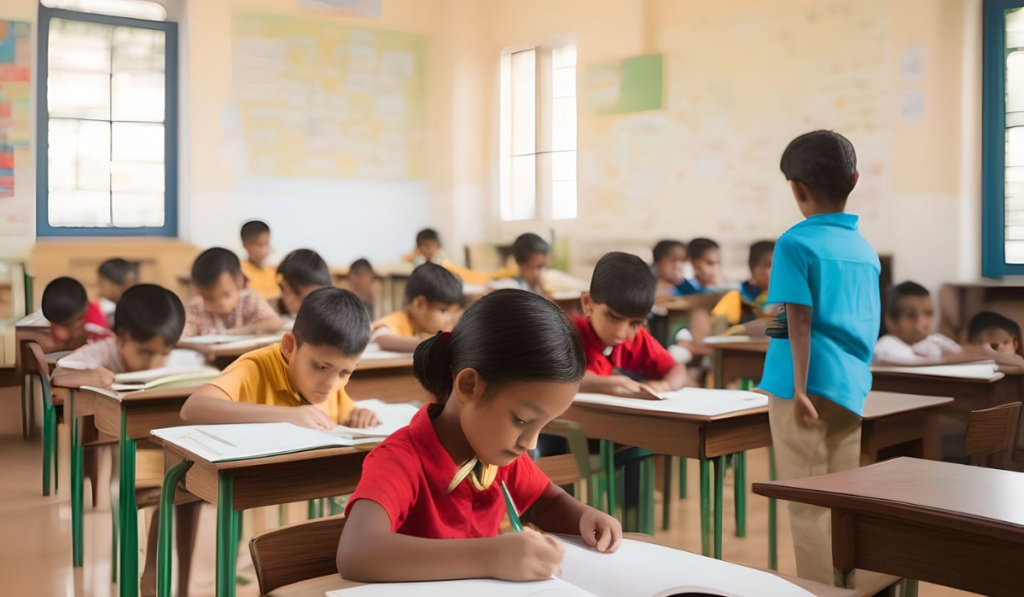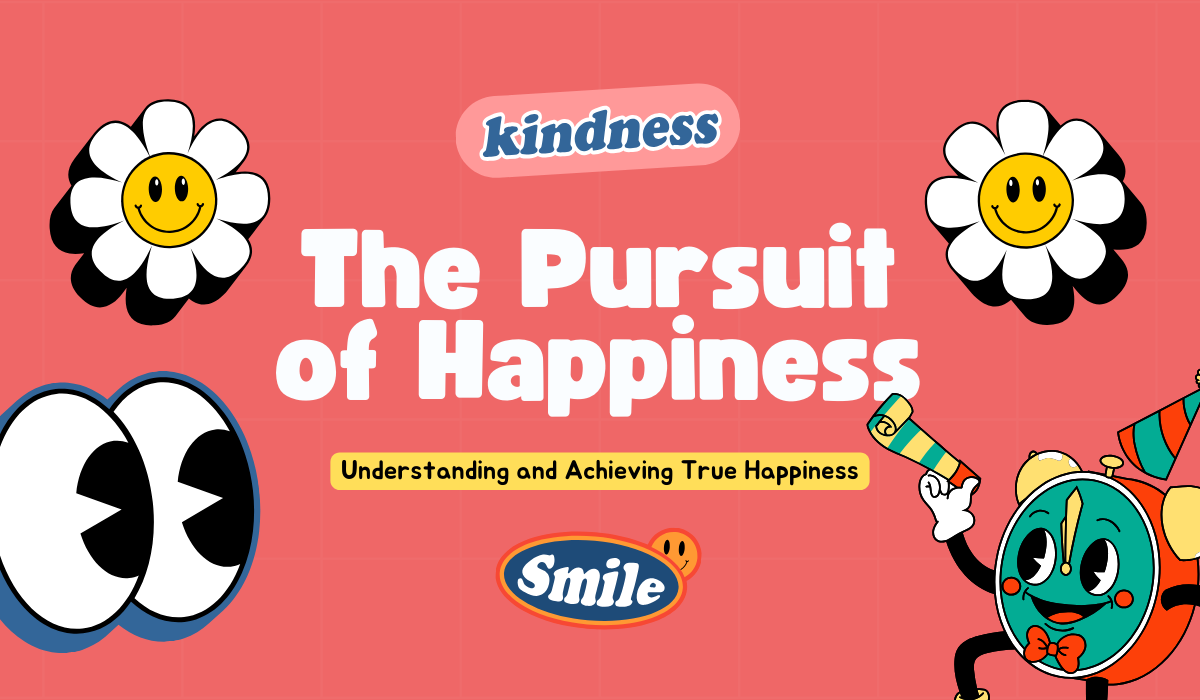Personalized education: tailoring education to the individual
What is Personalized Learning?
Personalized learning is an educational approach that focuses on tailoring instruction to meet the unique needs, interests, and learning styles of each student. It emphasizes student agency, learning skills, and using technology to create customized learning experiences.
Key Components of Personalized Learning

- Student-centered learning: Empowering students to take ownership of their own learning and make choices.
- Flexible Pacing: Allowing students to progress through the material at their own pace.
- Differentiated Instruction: Providing different teaching methods and resources to meet different learning styles.
- Formative Assessment: Continuously monitoring student progress to adjust instruction accordingly.
- Technology Integration: Using digital tools to personalize learning experiences.
Benefits of personalized learning

- Increased student engagement: Students are more motivated when learning is relevant and challenging.
- Better academic performance: Students are more likely to master when learning at their own pace.
- Improve critical thinking skills: Students develop problem solving and decision making skills.
- Greater student independence: Students become more self-directed and responsible for their own learning.
Challenges of implementing personalized learning
- Teacher Preparation: Teachers need training and support to effectively implement personalized learning.
Access to Technology: Adequate technology infrastructure is essential for personalized learning. - Curriculum Development: Creating flexible and applicable curriculum materials is difficult.
- Assessment: Developing appropriate assessment methods to measure student progress can be complex.
Table: Personalized Learning vs Traditional Learning

| Feature | Personalized education Traditional learning
|—|—|—|
| Focus | Individual needs of the student One size fits all styles
| Pacing | Flexible | Fixed |
| Evaluation Formative, ongoing Summary, End of Unit |
| The role of technology necessary Supplementary |
Frequently Asked Questions About Personalized Learning
Q: Does personalized learning mean that students work completely independently?
- A: No, personalized learning involves a balance of independent work, collaborative learning, and teacher-led instruction.
Question: How can personalized education benefit students with special needs? - A: Personalized education can provide appropriate support and accommodations for students with special needs.
Q: Is personalized learning expensive to implement? - A: The cost of implementing personalized learning depends on factors such as technology infrastructure and teacher training.

Result
Personalized learning has the potential to revolutionize education by creating more engaging, effective, and equitable learning experiences for all students. Although challenges remain, the advantages of this approach make it a worthwhile pursuit for academics and policy makers.
Would you like to focus on a specific aspect of personalized learning, such as its impact on student achievement, the role of technology, or challenges and solutions for implementation?
